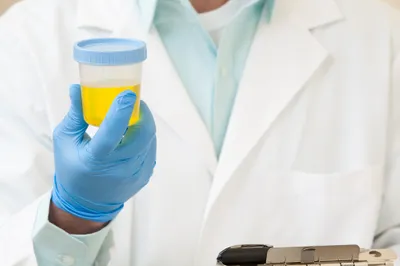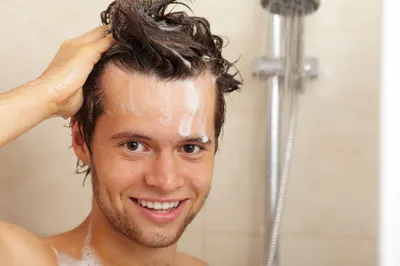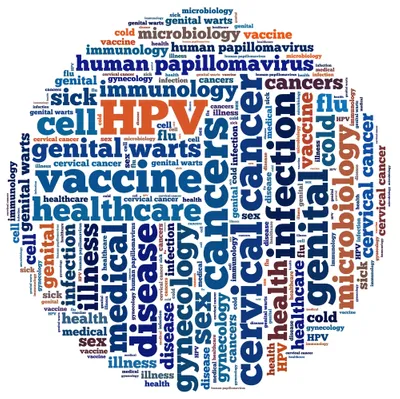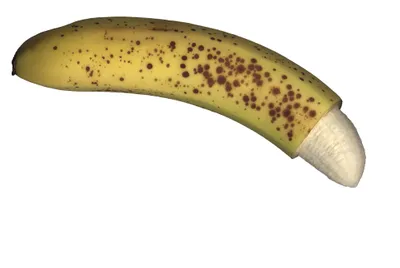To circumcise or not circumcise your newborn son will be the first major health decision you’ll make on his behalf, a decision that will affect him well into adulthood.
Until the 1970s, it was customary to circumcise most male babies born in North American. In fact; approximately 90-percent of all boy babies underwent the surgical removal of the foreskin of the penis during the first 10 days of life. However, aside from those who demanded it for religious reasons (i.e., Jewish and Islamic faiths), or due to certain diseases (i.e., balanitis, phimosis and paraphimosis), circumcision isn’t backed by any solid medical reasoning.
Today, circumcision numbers have dropped to 60-percent of male babies. So regardless of your religious, social, compassionate, and health questions surrounding the procedure, we believe that parents should be aware of both the health benefits and negatives surrounding circumcision so they can determine the best choice for their baby boy.
Here are the pros and cons of circumcising your male baby…
Pro 1: Circumcision Reduces the Risk of STDs
Studies show that circumcised males have a lower incidence of sexually transmitted diseases. In certain cases, circumcision may reduce HIV transmission by offering an additional line of defense against STD contraction.
Pro 2: Decreased Incidence of UTIs
Circumcision may offer a minor decrease the incidence of urinary tract infections. In fact, UTIs are about 10 times more likely in uncircumcised males compared to circumcised male babies during their first year of life.
Pro 3: Circumcision and Sexual Sensation
Many parents believe that leaving a male uncircumcised may or may hinder sexual pleasure in adulthood. However, the Mayo Clinic suggests that circumcision neither increases nor reduces feeling at the tip of the penis.
Pro 4: Hygienic Issues
Circumcision is thought of by many parents as the hygienic choice, with fewer incidences of problems like meatitis (the bacterial inflammation and irritation at the opening of the penis) in circumcised males. But even though it’s easier to keep a circumcised penis clean; males that wash beneath the retractable foreskin properly usually suffer no issues when it comes to hygiene.
Pro 5: Circumcision Offers Protection from Certain Types of Cancer
Medical research shows that circumcision offers some protection from certain types of cancer. For instance, circumcision reduces certain forms of penile cancer if HPV becomes trapped under a tight foreskin. Being snipped can also reduce the risk of cervical cancer in their female sexual partners.
Con 1: Circumcision as Mutilation
Circumcision is often viewed as a form of cruel and unnecessary mutilation to the male body. Arguably, medical experts like the American Academy of Pediatrics, don’t deem circumcision imperative for the health of your child so many parents question why they would put a child through the potential trauma and pain.
Con 2: Surgical Complications
Even though circumcision surgery is relatively safe, in rare cases, the surgery may cause health complications. For instance, if the foreskin is cut too long (excessive skin removal) or too short, bleeding and infection can occur, along with the need for subsequent corrective surgery.
Con 3: Post-Op Complications
Following the circumcision surgery, the tip of the penis typically takes about 10 days to fully heal. You may notice swelling, redness, and even traces of blood on your baby’s diaper. If the tip of the penis emits a yellow discharge more than 10 days following surgery, consult your pediatrician concerning infection immediately.











